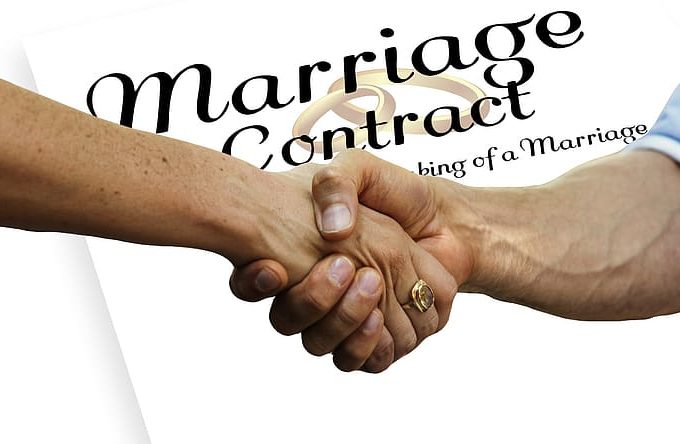Anna Chen, Associate, Gowling WLG (Canada) LLP
An interesting question arose recently on how an attorney for property can enter into a domestic contract on behalf of the mentally incapable person.
Part IV of the Family Law Act, R.S.O. 1990, c. F. 3 (“FLA”), sets out the provisions respecting “domestic contracts”, which is defined by section 51 of the FLA as “marriage contract, separation agreement, cohabitation agreement, paternity agreement or family arbitration agreement.”
Specifically, section 55(3) permits a guardian of property or an attorney under a continuing power of attorney for property (if the guardian or attorney is not the mentally incapable person’s spouse) to enter into a domestic contract or give any waiver or consent under the FLA on the mentally incapable person’s behalf, subject to the court’s prior approval.
Could the court still approve a domestic contract entered into on behalf of a mentally incapable person nunc pro tunc (i.e. provide approval retroactively to before the contract was entered) if no prior approval was obtained? This exact question arose in Parker v Atkinson.[1] The court compared the language in section 55(2), which states that “a minor has capacity to enter a domestic contract, subject to the approval of the court, which may be given before or after the minor enters into the contract” with the language of section 55(3) and answered the question in the negative:
21 The distinction in the court’s right to give its approval to marriage contracts under section 55(2) for a minor and 55(3) for a mental incompetent is very significant. In section 55(2), the court is given the right to approve a marriage contract for a minor either before or after the contract has been made, that is, legislative authority for approving the contract nunc pro tunc. Contrasted to this is section 55(3), which requires the prior approval of the court before a marriage contract may be entered into by the committee of a mentally incompetent person. The legislature did not draft section 55(3) in the same language as 55(2). Had it done so, there would have been jurisdiction, it seems to me, to approve a marriage contract nunc pro tunc. However, in my opinion, the legislature’s express use of the word “prior” was used purposely to take away the right of the court to approve such a contract nunc pro tunc, and to now approve such a contract would be, in my opinion, directly contrary to the plain meaning of the words “prior approval” in section 55(3). [Emphasis added]
Therefore, the requirements for a guardian or an attorney for property to enter into a domestic contract on behalf of a mentally incapable person are:
- the attorney for property must be appointed under a continuing power of attorney for property;
- the attorney cannot be the mentally incapable person’s spouse; and
- the attorney must obtain the court’s approval before entering into the domestic contract.
Because the court cannot approve a domestic contract nunc pro tunc, an application for approval may need to be brought on an urgent basis if the mentally incapable person’s health deteriorates.


0 Comments